The finale of RuPaul’s Drag Race Season 12 aired last night.
Drag Race has been my favorite TV show for over a decade and marked important parts of my life so far.
The first season of Drag Race aired just after I moved from Miami to Minneapolis for law school. This gave me the unique experience of having seen countless live performances from finalist Rebecca Glasscock (South Florida) and the winner Bebe Zahara Benet (Minneapolis). The show would continue to transform my favorite local drag queens into national stars in subsequent years.
Drag Race also quickly became a go-to ice breaker in the same way that sports is for my straight friends. We all have our favorite teams, cities, and conspiracy theories (Alyssa was robbed!) Like sports, Drag Race is a quick way for me to connect with people that I otherwise don’t have many common interests with – I can’t discuss football or The Bachelor, but more people enjoy Drag Race than you think.
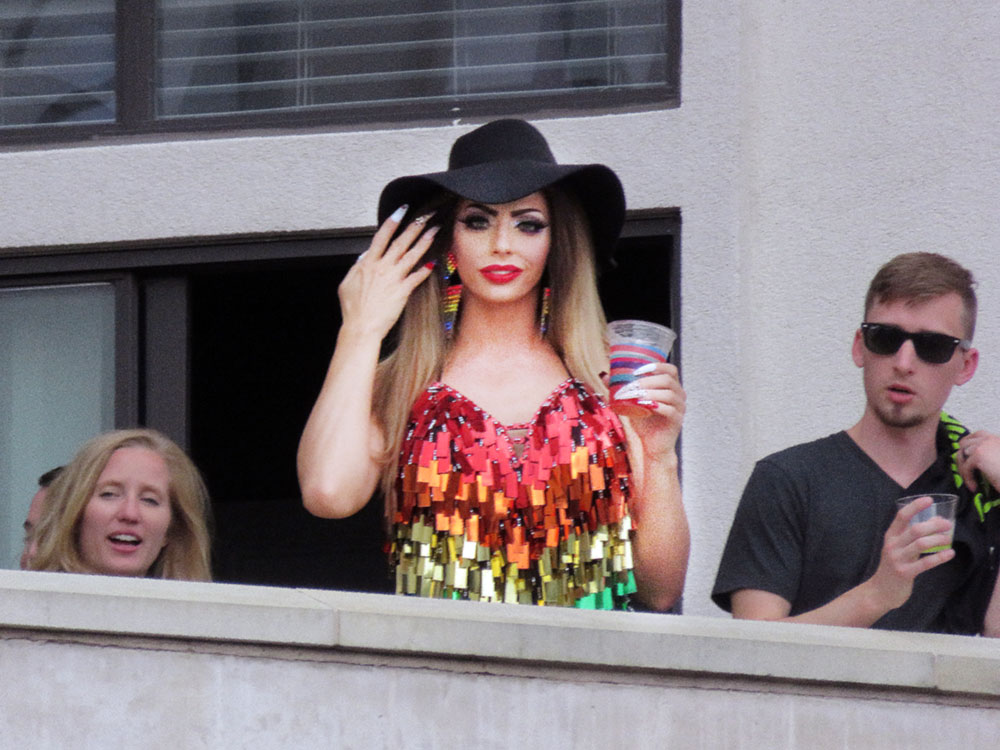
Alyssa Edwards at the Dallas Gay Pride iLume block party.
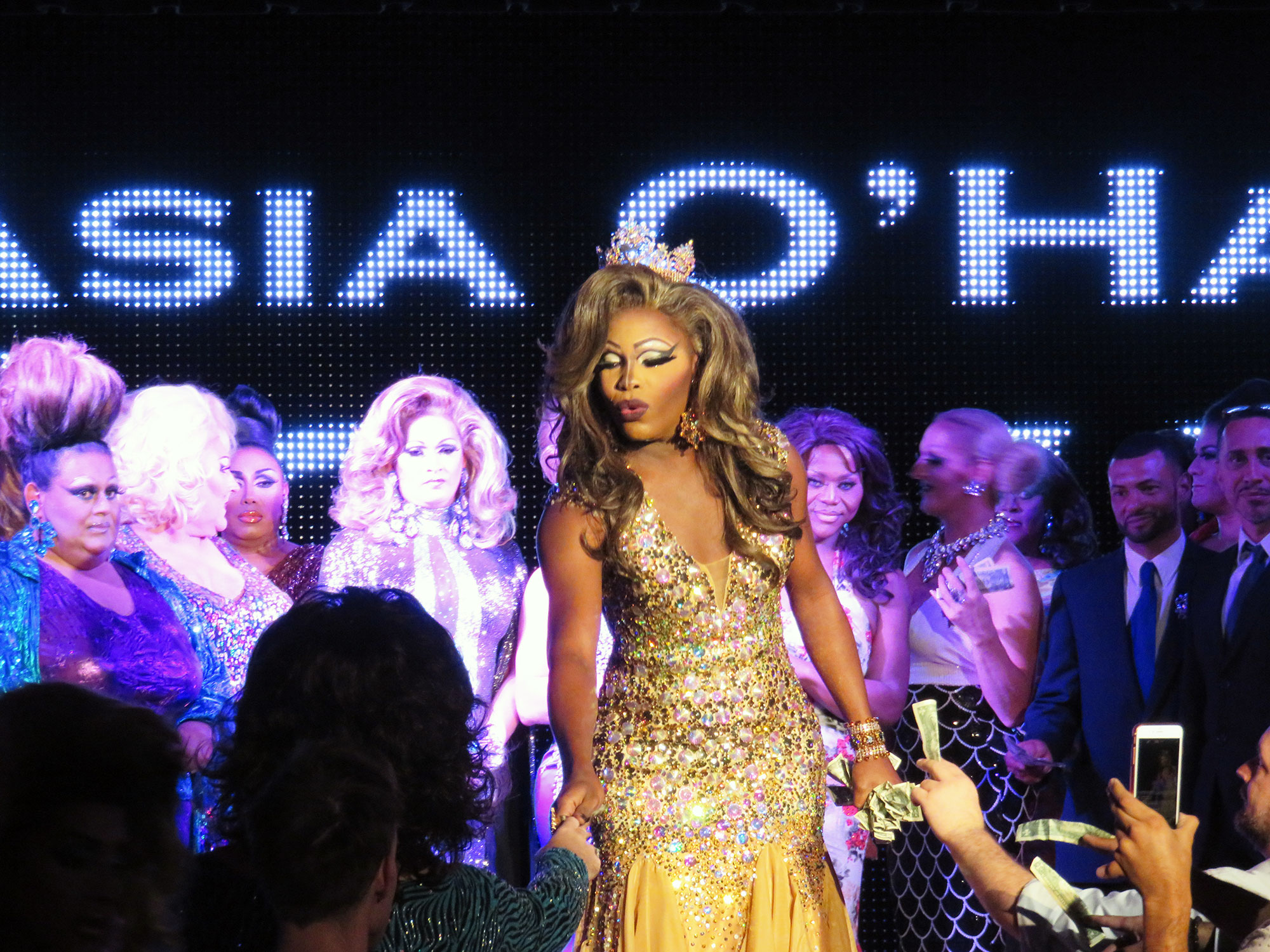
Asia O’Hara at the Miss Gay Texas America pageant at the Rose Room / Station 4 in Oak Lawn.
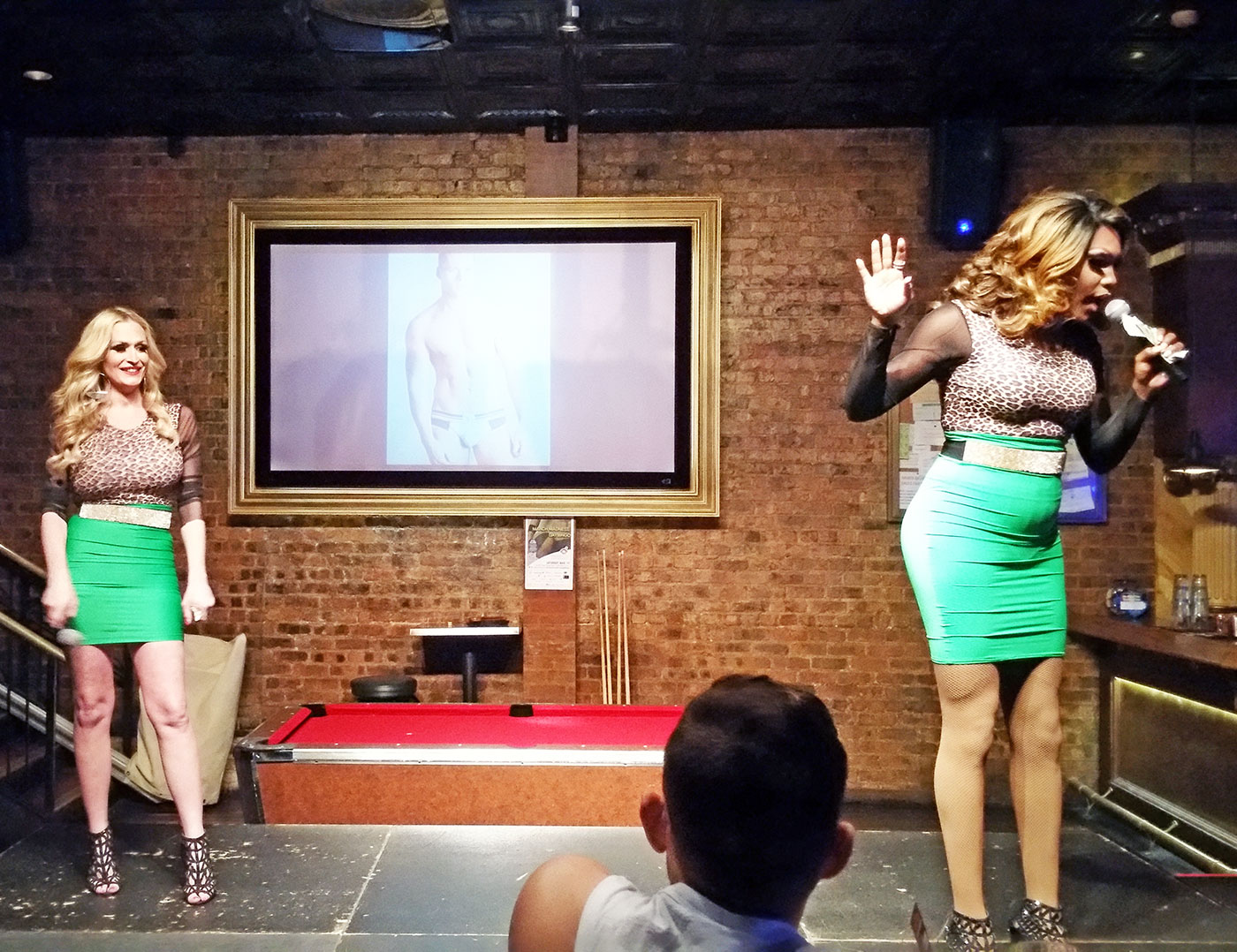
Krystal Summers and Asia T. Ohara at JR’s Dallas.
An usual Drag Race season
After a delightfully Dallas-heavy Season 11, I was a little concerned about how few of the queens that I knew coming into Season 12. Part of the joy of a Drag Race season is rooting for performers that I have seen live. Also, almost half of the contestants are from New York, which has an outsize presence on the show.
All of my reservations about the Season 12 turned out to be nonissues – the talent was strong, the eliminations made it clear that the New York queens did not have an edge, and the ultimate winner (Jaida Essence Hall) was one of my favorites all season.
There were many things that made this season of Drag Race unique besides the shocking absence of Texas and Miami queens. First, there was the disqualification of a contestant due to a bizarre catfishing scandal. Then, the outbreak of COVID-19 at the beginning of the season meant that for the first time ever, Drag Race would be watched at home rather than at crowded bar watch parties.
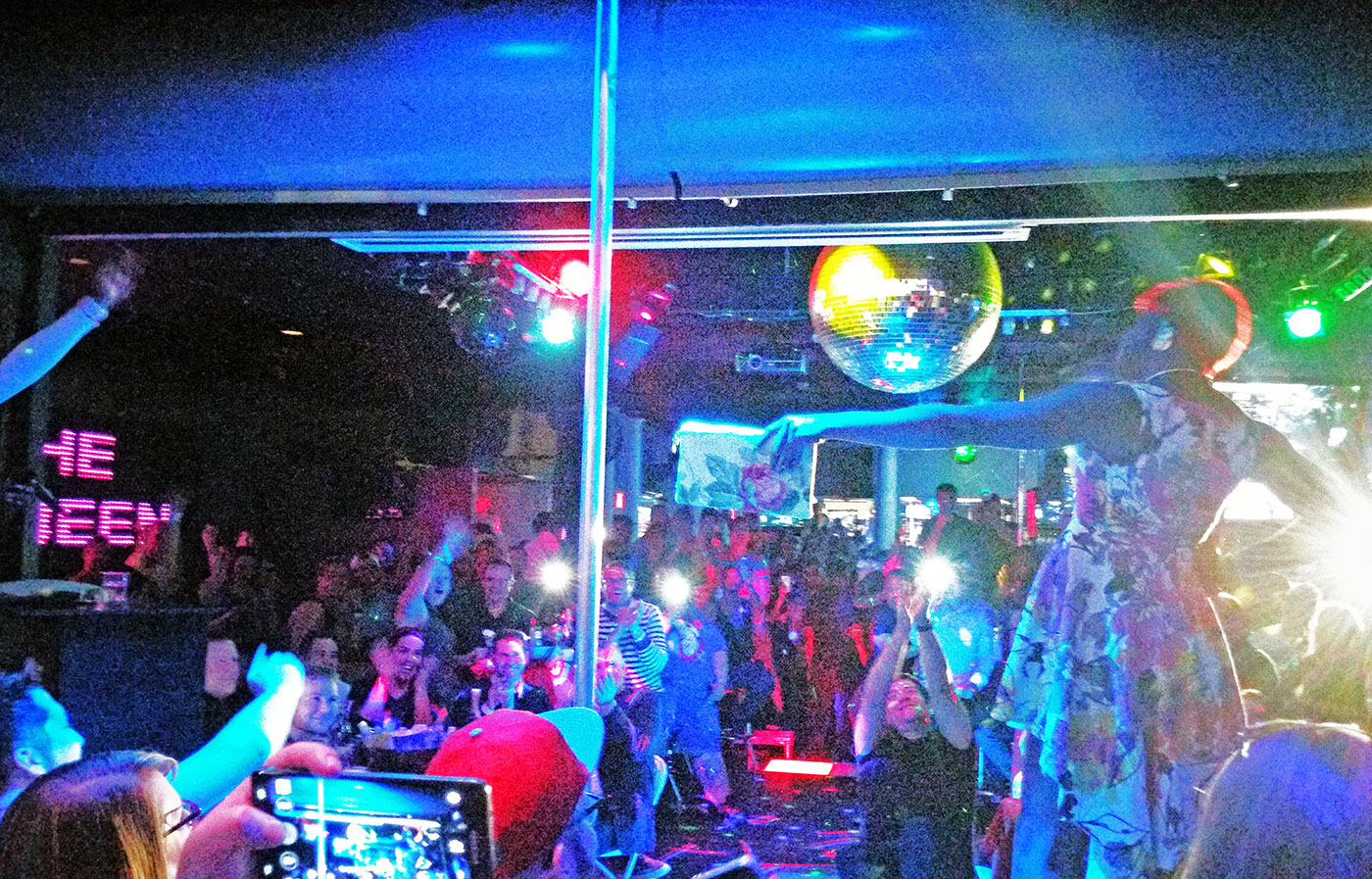
Bob the Drag Queen appearing at Brick Nightclub – purse first.
Drag Race in a time of crisis
And, as last night’s finale aired, the city where I started watching Drag Race 11 years ago was burning due to rioting.
The pandemic and riots keep cropping up during conversations about the season finale. Those who question how we can debate a reality TV show during an emergency misunderstand the role of art, entertainment and drag culture. There is always something more pressing than watching a TV show, play, movie, or reading a book. But that does not mean that art and culture are not important, or need to be paused.
Art and pop culture allow us to build connections and recharge in spite of the problems in the world so we can more effectively deal with those problems together. Art is also how society interprets current events and shapes how we tackle problems in the future.
Drag Race premiered in the middle of the last global recession.
The show continued through countless murders, injustices, natural disasters, and crises — there’s never an ideal time.
In addition to providing temporary relief from the trauma of current events, Drag Race helps maintain positive LGBT visibility on a national scale. We can’t pause the show during traumatic times because that’s when we need it the most. Drag queens from the show head fundraisers for Hurricane Maria relief, expose systemic racism, and fight for trans rights in the same way that queens led LGBT civil rights movement in the past.
Drag Race also helps support local artists by driving straight women to pack drag brunches across the country. Gay men often do not appreciate that this is the reason why many thriving local drag scenes can continue to exist. (The boys certainly aren’t typically filling the $40 seats every weekend).
This supports far more local artists than will ever make it to the show, and why we keep having a diverse talent pool to recruit contestants from.
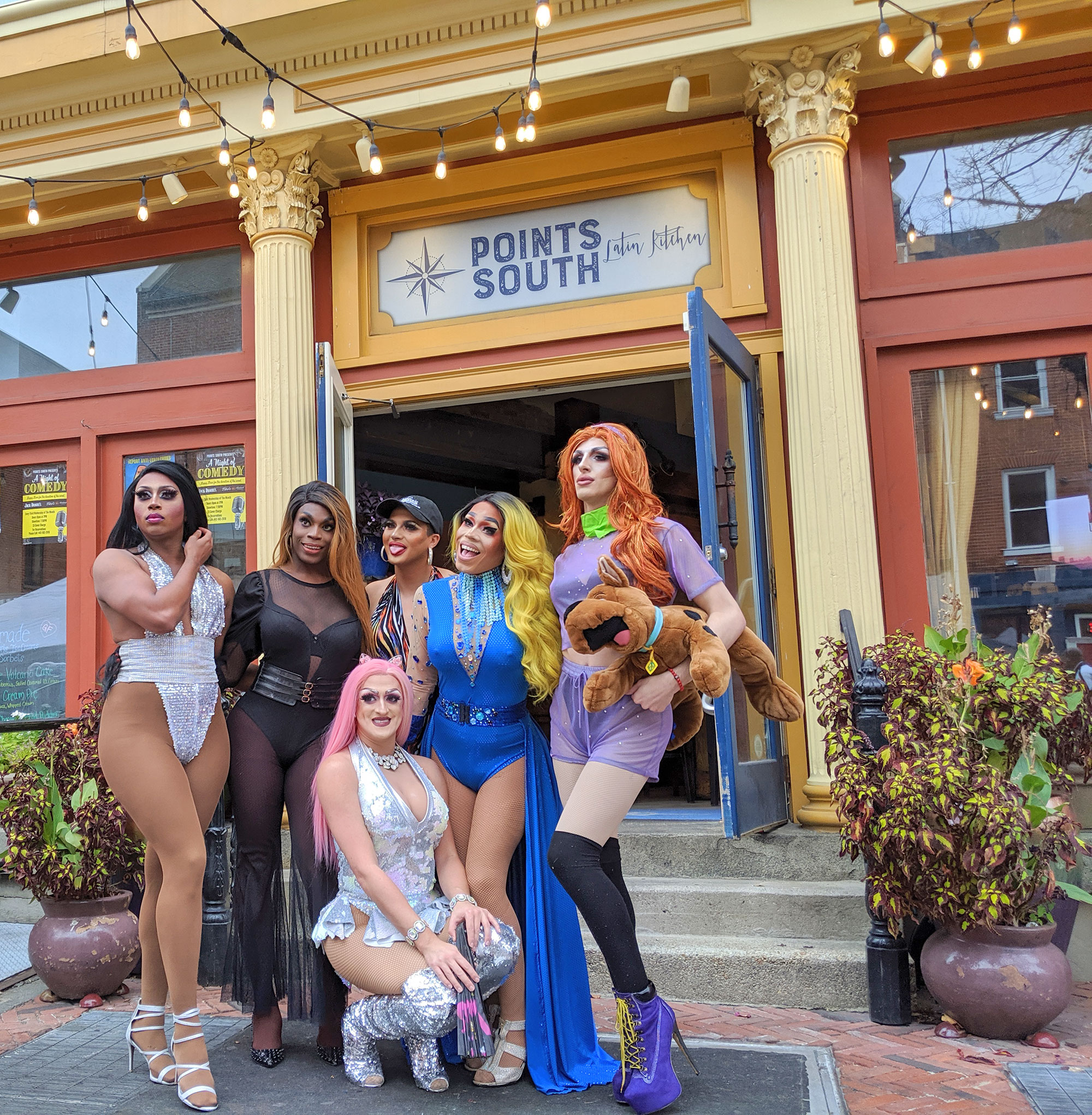
The drag brunch cast at Points South Latin Kitchen in Baltimore.
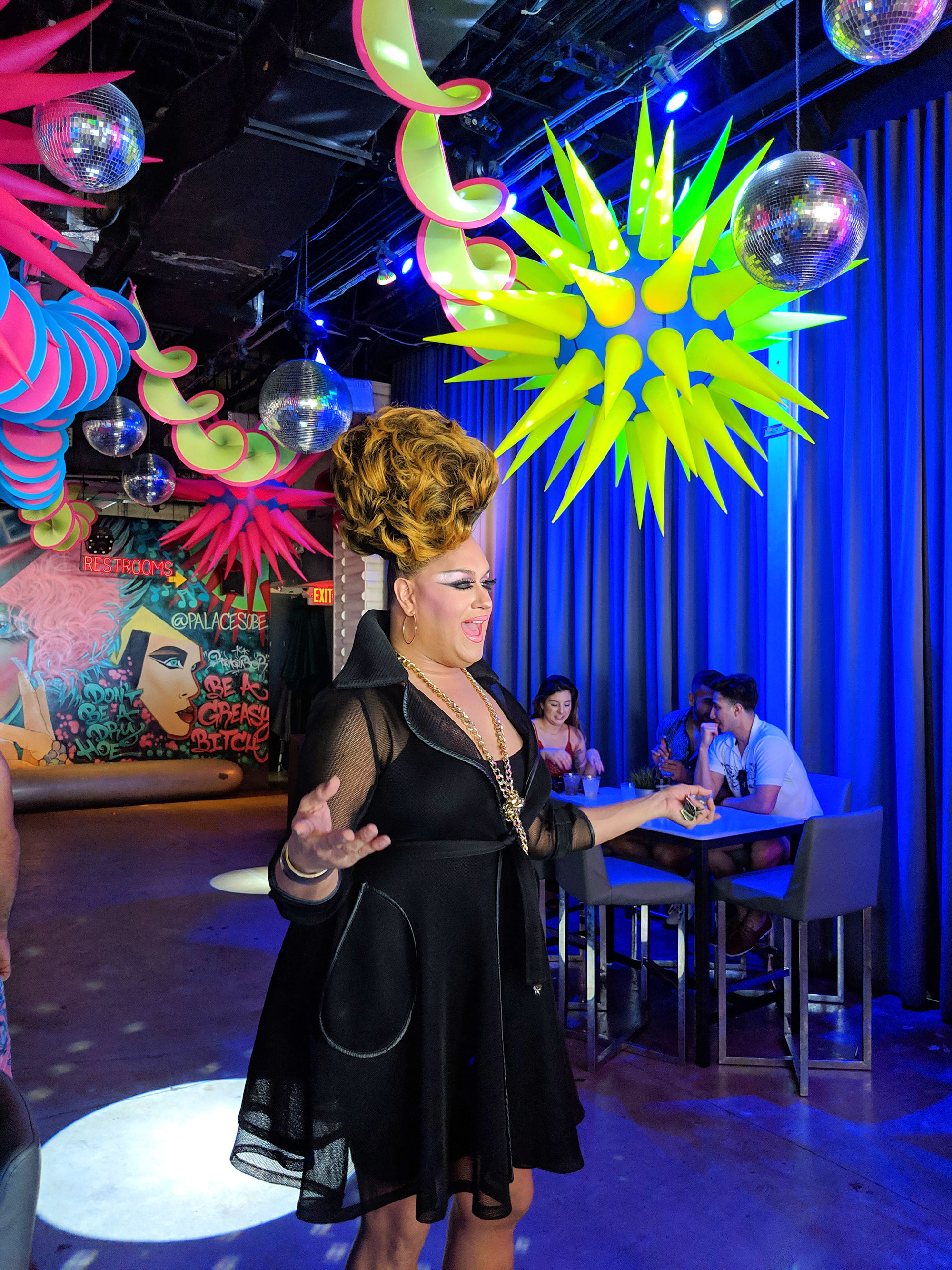
Miami Beach drag queen Noel Leon.
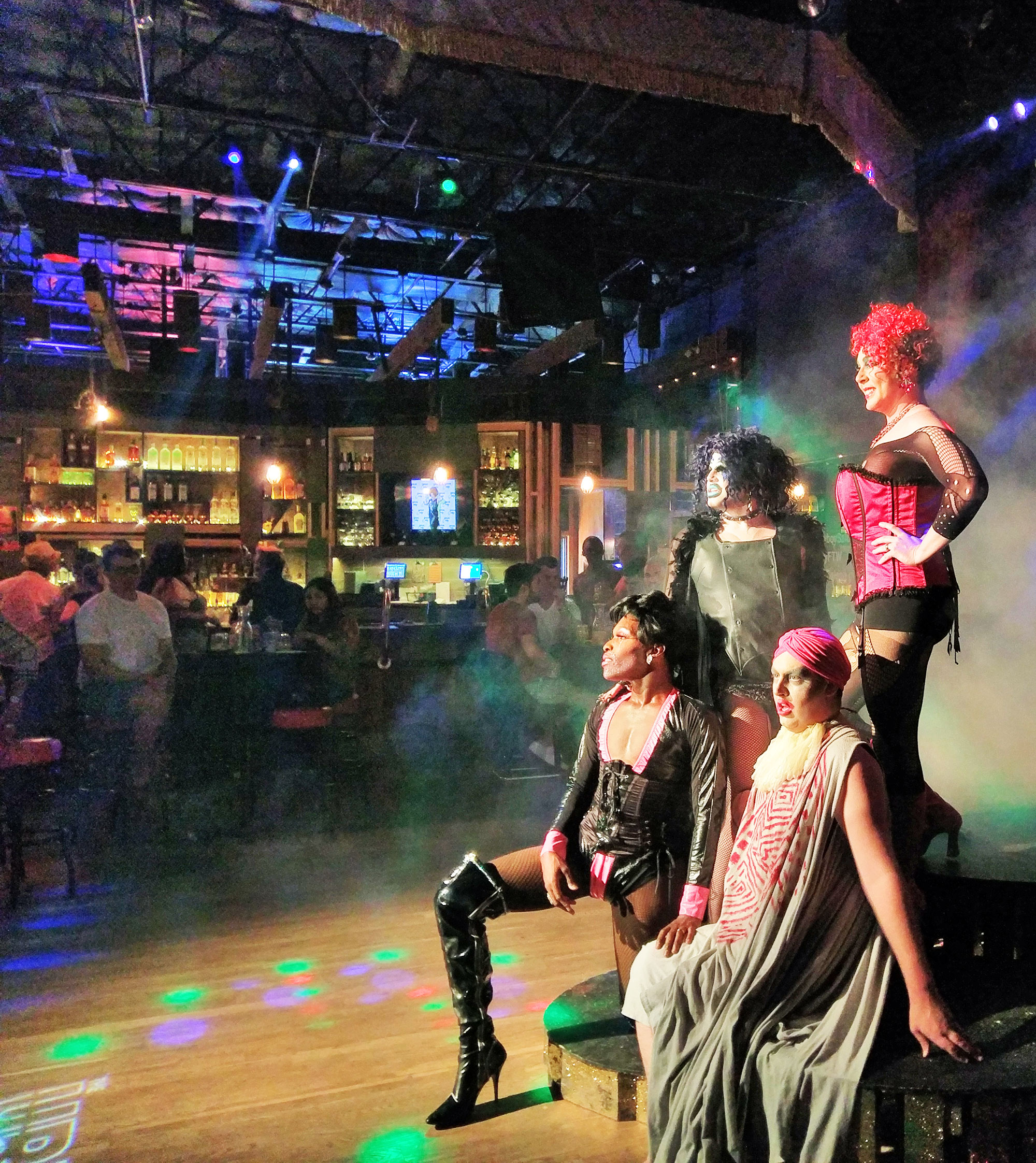
The drag brunch cast at Urban Cowboy Saloon, Fort Worth, TX.
Finally, the popularization of drag culture among straight women is one of the primary reasons why homophobia and transphobia are increasingly socially unacceptable to millennials. That is why need more positive, community-building forms of entertainment like Drag Race, even in times of crisis.
That’s also why we will continue to debate contestants on a reality TV show, because of (not in spite of) the events going on across the country.

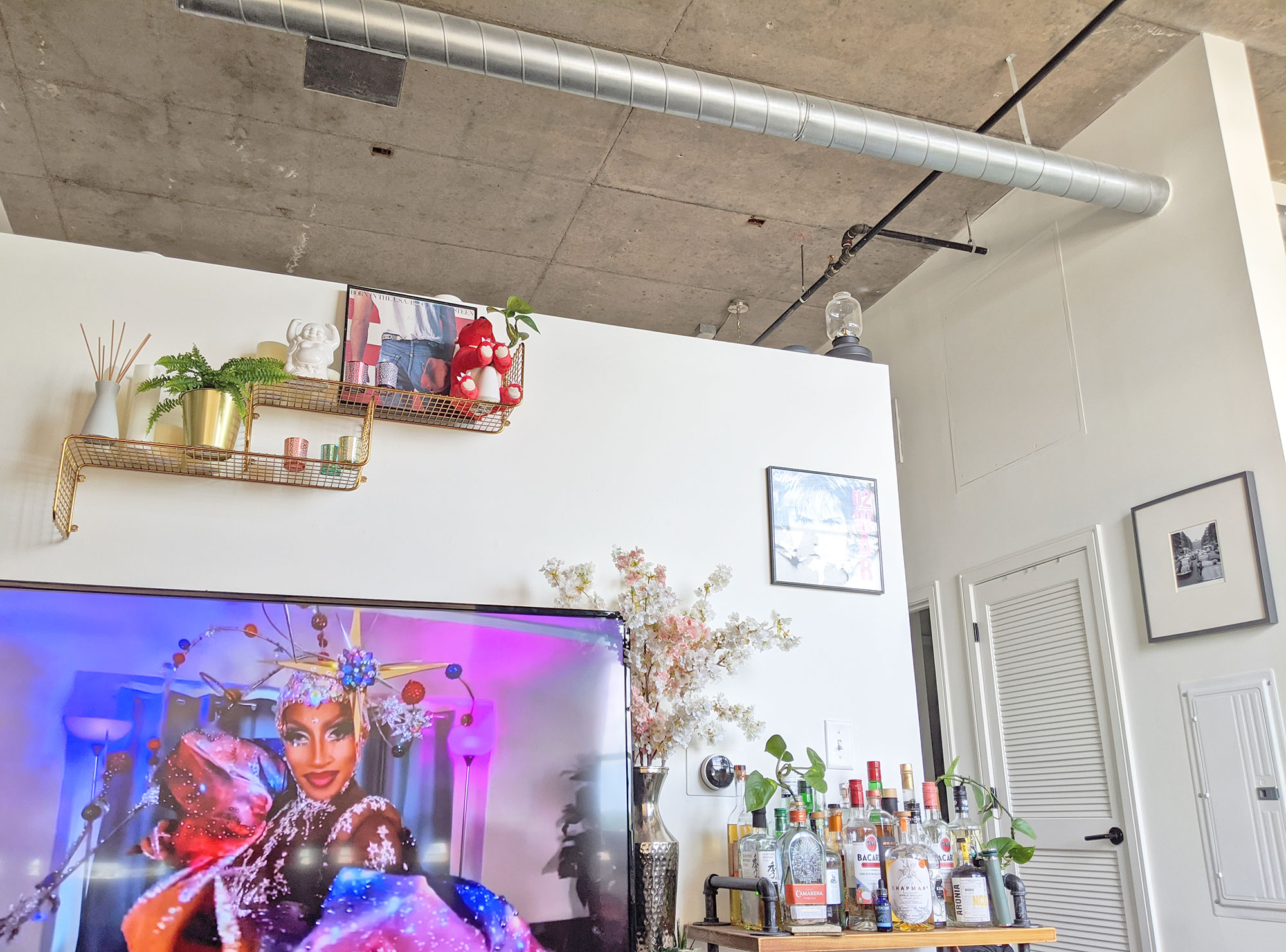

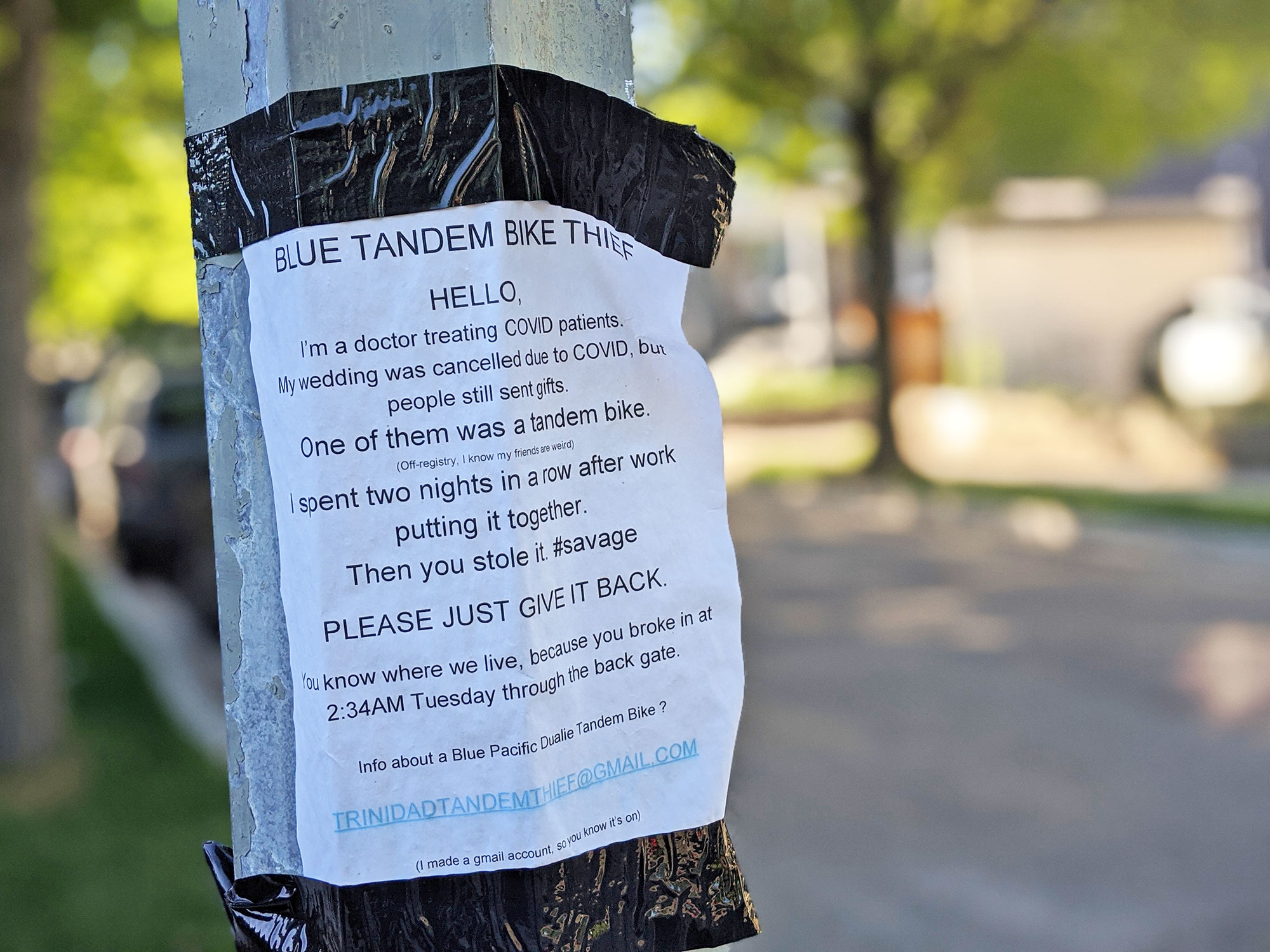
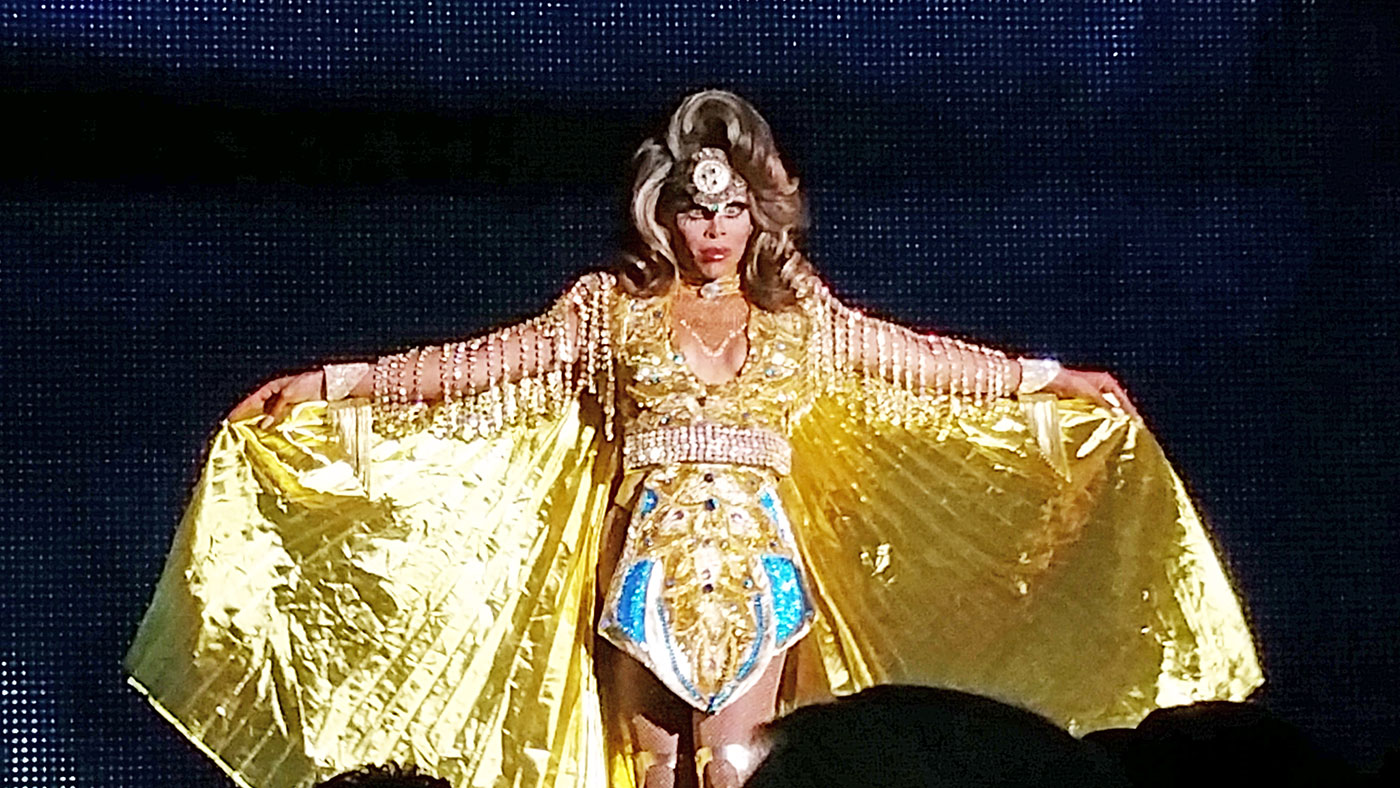
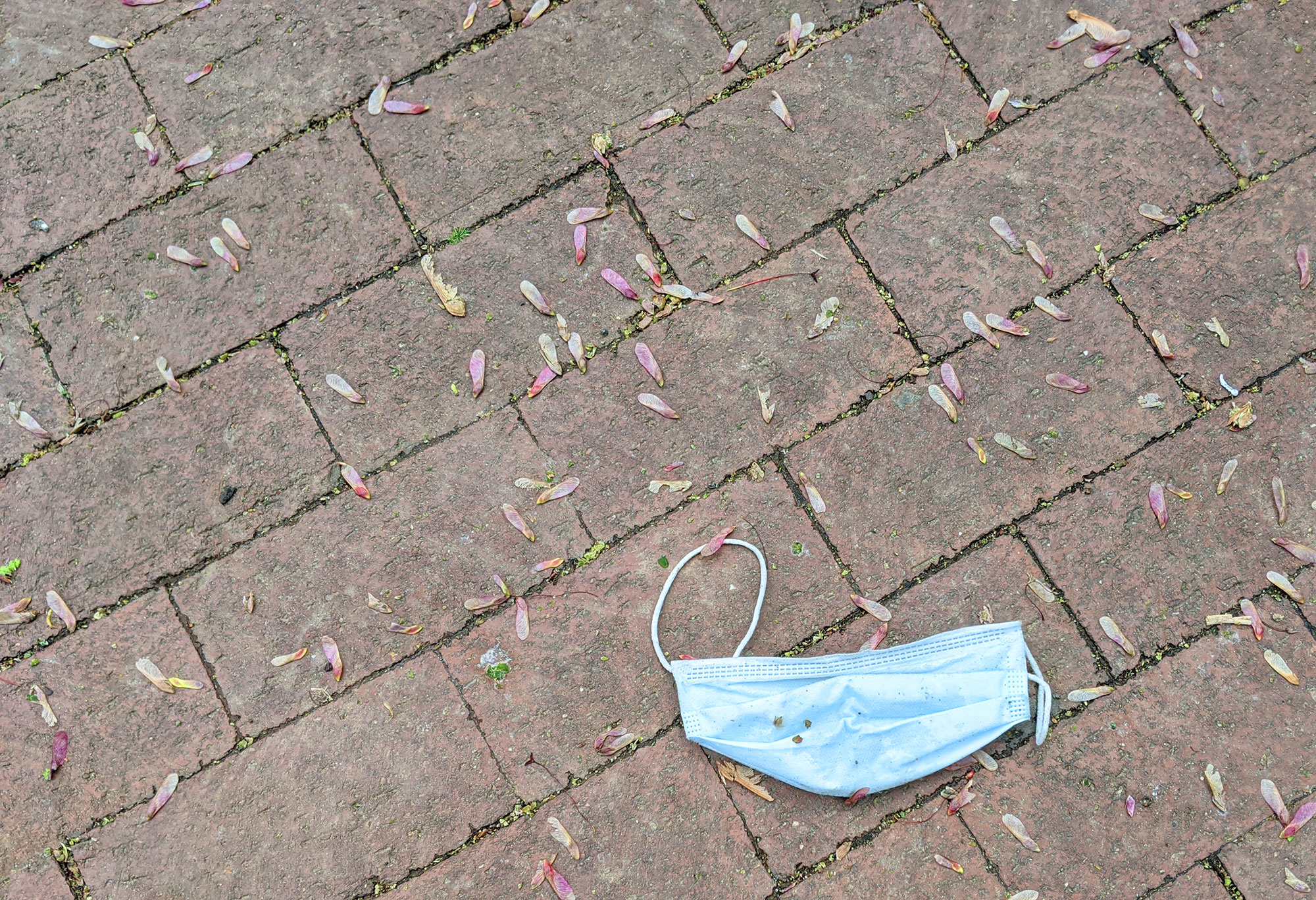
No Comments